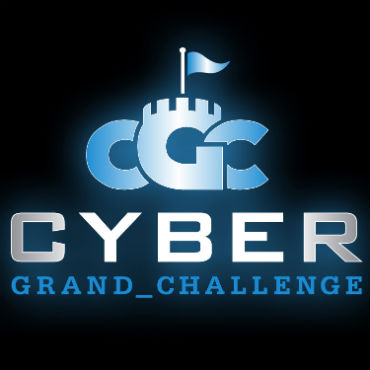DARPA gears up for Cyber Grand Challenge

The challenge is a chess-like competition that pits teams of researchers against each other in a contest to develop unmanned cybersecurity systems.

The Defense Advanced Research Projects Agency has launched a competition aimed at the next generation of high technology: automated cybersecurity that defends networks in real time.
It's the stuff of dreams for anyone charged with securing digital assets, public or private, and the end-game that federal officials routinely outline in cybersecurity discussions. Fully automated cyber defenses remain a stretch from reality so far, but DARPA hopes to change that -- and the cybersecurity game altogether.
The Cyber Grand Challenge, a chess-like competition, pits teams of researchers against each other in a contest to develop unmanned systems that must detect and defend against various types of security vulnerabilities The autonomous systems must be capable of comprehending and protecting software during live exercises, the first round of which took place Dec. 3 and 4. Another round is scheduled for Dec. 9.
Numerous prizes will be awarded ranging from $750,000 to a $2 million grand prize, DARPA officials said Dec. 6 on a call with reporters.
There is not yet a specific goal for the challenge -- that is, officials do not expect a winner will quickly be rolled out to government networks.
"If you look at the 2004 vehicle grand challenge, those prototypes weren't ready to roll off the raceways onto America's highways," said Mike Walker, DARPA program manager for the Cyber Grand Challenge. "But what we did get was the dream that vehicles could pilot themselves on complex courses. I think what we'll transition out of this are lessons from the competition, ideas and the correct execution of doing something like this."
In the end, the broader goal is that someday, whatever comes from the competition could become a critical part of comprehensive cybersecurity.
"As the lessons of how to do this emerge, and the tradition of competitions kick off, the hope is we will have systems that can recognize novel flaws and threats, and remediate them in real time," Walker said. "That's what we aspire to."
NEXT STORY: Is Cyber Command ready to stand on its own?


